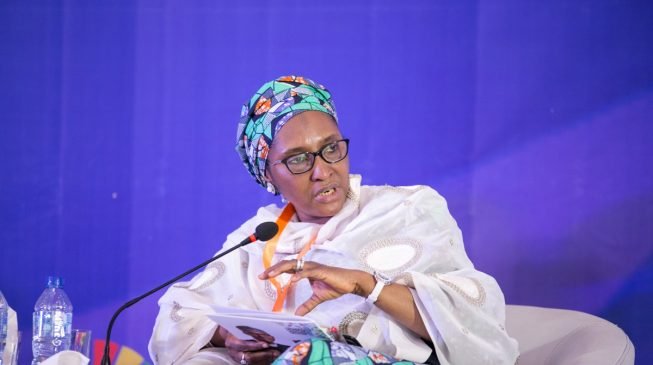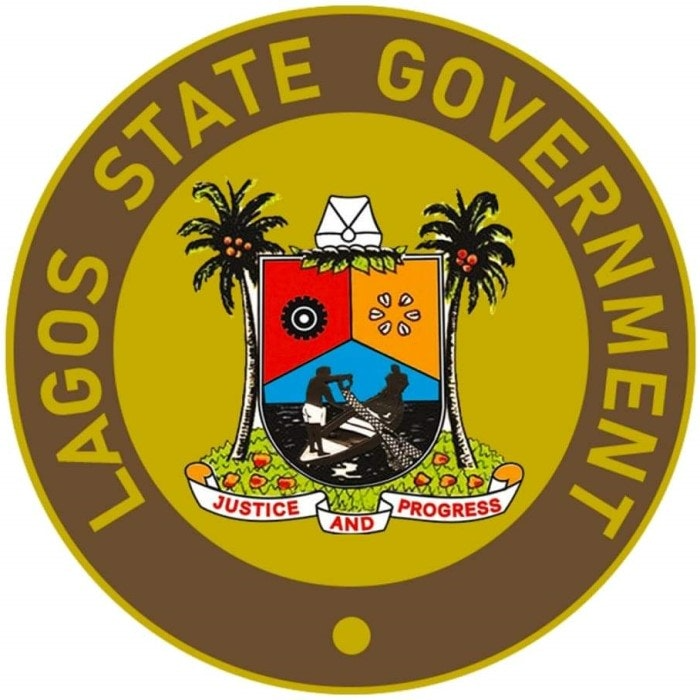The presidency this week summoned the Corporation’s Group Managing Director (GMD), Mele Kyari, to the Villa.
The GMD was called in to explain how, when he was in charge, top officials spun a complex web to dispose of 30 million litres of slop oil in a way that breached the country’s public procurement rules.
Because the refineries in Kaduna, Port Harcourt, and Warri are unable to produce Low Pour Fuel Oil (LPFO) as a result of a 44-month rehabilitation project, slop oil is the only alternative to LPFO, a fractional distillation product used to power boilers in manufacturing facilities such as cement plants.
Without slop oil as a substitute, most manufacturing plants across the country would close, resulting in the layoff of thousands of people.
As a result, Nigeria’s accessible waste oil is regarded as a national strategic stock.
This is the stock that cash-strapped NNPC executives concocted and sold to export businesses, who would transport it to end customers in other countries.
Indigenous stakeholders were angered by NNPC’s move, which they saw as a violation of President Muhammadu Buhari’s objective of promoting local manufacturing businesses as part of his post-COVID-19 economic recovery strategy.
In preparation for an inevitably difficult grilling session, the NNPC GMD, our sources said, quickly called a meeting of all his Group Executive Directors (GEDs) to marshal a defence. It was gathered that he went with a written defence.
NNPC conducted a controversial bid that saw scarce slop oil ending up in the hands of three preferred bidders, all of them in the export category.
The first two bid-winning businesses were owned by the same directors, according to this newspaper’s investigation.
Just as Mele Kyari was feeling uneasy during his first interrogation session, it was revealed that Mustapha Yakubu, the NNPC GED in charge of refineries, and Ahmed Dikko, the Managing Director of Port Harcourt Refinery, were both concerned about their destiny.
The tumultuous bid is alleged to have been orchestrated by Mr Dikko.
According to industry sources, certain NNPC officials sought to dispose of the valuable slop oil through a single-source procurement method so they could sell it to cronies at a low price.
When they were told single source procurement would not fly in the face of procurement laws, they resorted to a cosmetic competitive bid fraught with irregularities.
The bid outcome became even more embarrassing to industry watchers when none of the preferred companies could pay for the product they won.
When Sign Oil &Gas Ltd could not pay, the allocation went to the second bid winner, Synthesis Integrated Pure Oil whose bid was about N180 million lesser than that of Sign Oil.
Both Synthesis Oil and Sign Oil are owned by the same directors. Again when Synthesis Oil could not pay, the allocation was transferred to the third place winner Kurpo Energy Ltd, whose bid was N180 million lesser than that of Synthesis Oil and N360 million lesser than that of the first bid winner, Sign Oil.

Freelanews is a potpourri of news, entertainment, business, events and photos. This is no fake news.





























